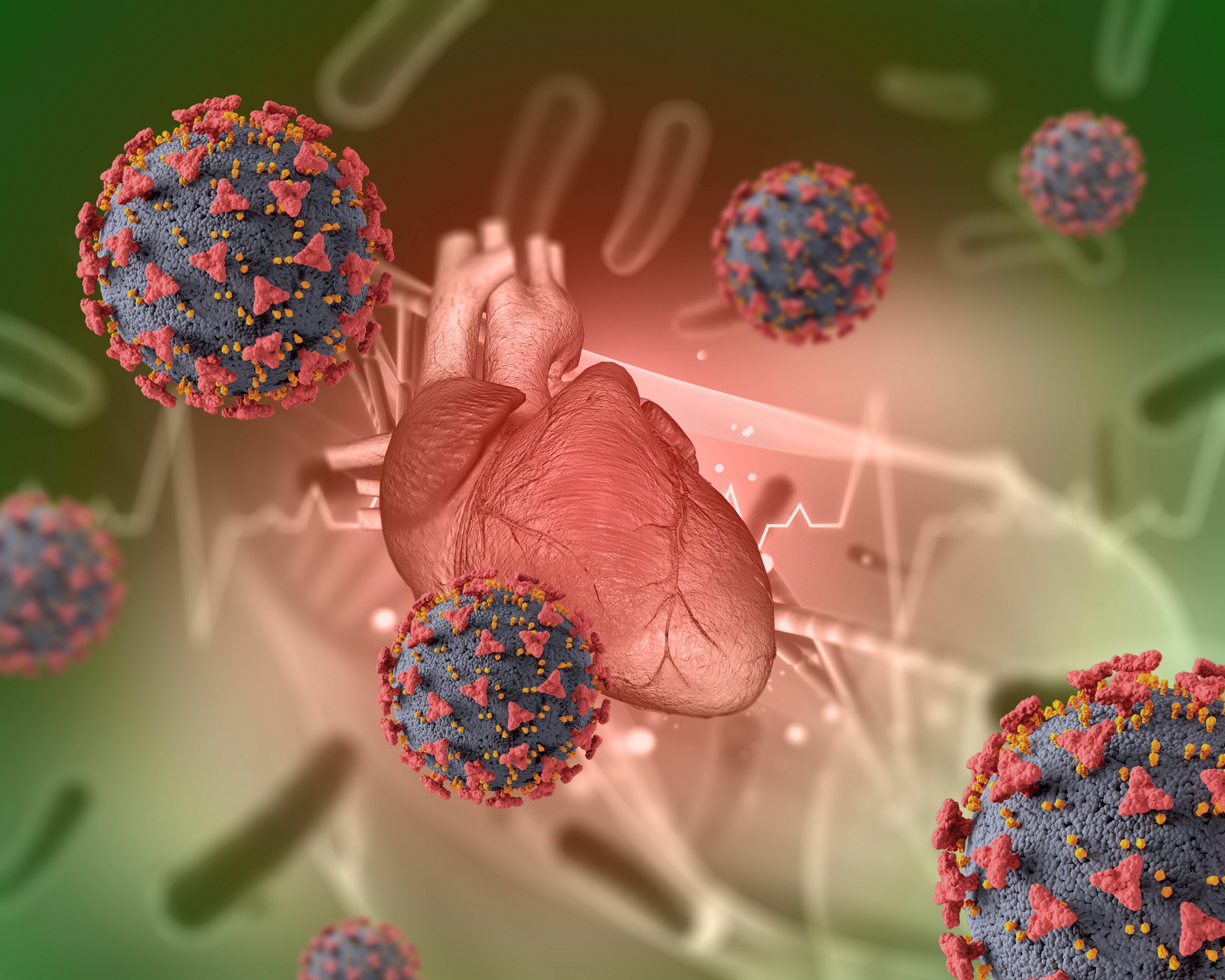

Infections with COVID-19 can result in potentially fatal heart problems. According to studies, those with COVID-19 are 55% more likely than those without COVID-19 to experience a significant adverse cardiovascular event, such as a heart attack, stroke, or death. Moreover, they are more susceptible to myocarditis and other heart conditions, such as arrhythmias (abnormal heart rhythms) (inflammation of the heart muscle).
The changes that occur in the heart that can cause these issues have been researched by Columbia University cardiologist and biophysics professor Andrew Marks, Steven Reiken, a research scientist in Marks’ group, and other researchers. On Monday, February 20, Reiken will present their study at the 67th Annual Biophysical Society Conference in San Diego, California.
The scientists discovered increases in oxidative stress (the detrimental generation of unstable chemicals) and inflammation signals, as well as calcium alterations, in heart tissue from patients who had COVID-19. They also discovered negative alterations in the RyR2 protein, which controls the calcium ion levels in the heart.
Like all muscle cells, the heart muscle requires calcium ions to contract. The coordinated contractions of the heart’s atria and ventricles that pump blood throughout the body depend on the calcium ion management system. Arrhythmias or heart failure can result from calcium in the heart that is not properly managed.
To study changes to the heart further, they used a mouse model infected with COVID-19. They observed changes to the heart tissue including immune cell infiltration, collagen deposition (indicative of injury), death of heart cells, and blood clots.
They also measured changes to the heart proteome—the proteins that are expressed by the heart cells—and found patterns consistent with changes observed in human hearts that were infected with COVID-19, as well as markers of cardiomyopathy, which can make it harder for the heart to pump blood to the body and can lead to heart failure.’
They employed a mouse model infected with COVID-19 to examine alterations to the heart in greater detail. They noticed alterations in the heart tissue, such as immune cell infiltration, injury-related collagen deposition, heart cell death, and blood clots.
They also examined the heart proteome or the proteins that the heart cells express, and discovered patterns that matched those seen in human hearts that had COVID-19 infections. They also discovered markers for cardiomyopathy, a condition that can make it more difficult for the heart to pump blood to the body and eventually result in heart failure.
“It is more likely that patient treatment will improve when awareness of specific characteristics of an illness grows. Also, physicians need to be mindful of cardiac alterations.
more recommended stories
 Heart, Lung, & Brain Risks Persist in COVID-19 Survivors
Heart, Lung, & Brain Risks Persist in COVID-19 SurvivorsA French nationwide study reveals that.
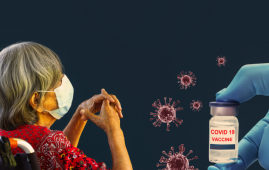 How COVID-19 and Vaccines Differ in Heart Inflammation
How COVID-19 and Vaccines Differ in Heart InflammationA team of international researchers led.
 Long COVID: Extended Paxlovid Treatment Offers Hope
Long COVID: Extended Paxlovid Treatment Offers HopeA new case series by UC.
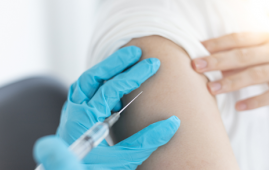 RSV Vaccine Response in Immunocompromised Adults
RSV Vaccine Response in Immunocompromised AdultsAccording to Johns Hopkins Medicine researchers,.
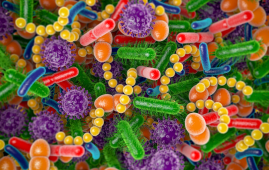 Gut Microbiome Predicts Long COVID Risk
Gut Microbiome Predicts Long COVID RiskIn a recent pre-print study published.
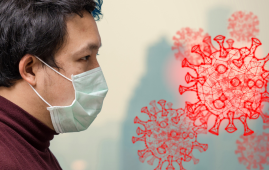 COVID-19 & Autoimmune Care Hope: Natural Proteins
COVID-19 & Autoimmune Care Hope: Natural ProteinsRecent research at Umeå University reveals.
 FasL Inhibitor Asunercept Speeds COVID-19 Recovery
FasL Inhibitor Asunercept Speeds COVID-19 RecoveryA new clinical trial demonstrates that.
 Impact of COVID-19 mRNA Vaccine on Myocardial Scarring
Impact of COVID-19 mRNA Vaccine on Myocardial ScarringA new study found a greater.
 Long-term Cognitive and Psychiatric Issues in COVID-19 Survivors
Long-term Cognitive and Psychiatric Issues in COVID-19 SurvivorsA new study published in The.
 Mental Health and COVID-19: Unequal Impacts in LA County
Mental Health and COVID-19: Unequal Impacts in LA CountyA recent study published in the.

Leave a Comment